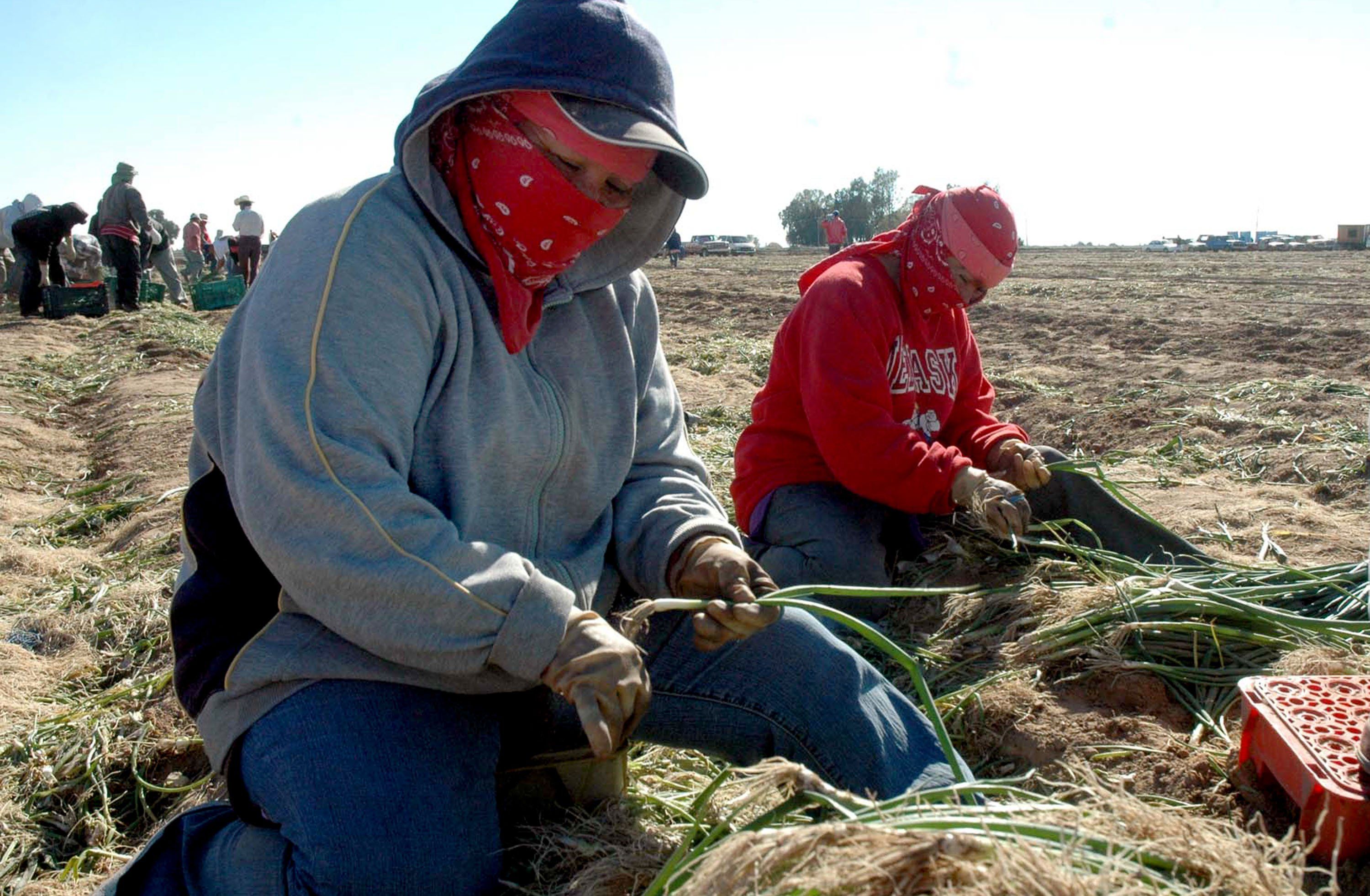May 23, 2023
After 20 years of drought, the Colorado River, whose water built the Western US, is in serious trouble. Its flows have dropped by one-third, forcing lawmakers in California, Arizona, and Nevada to agree to a collective 13% reduction in river water use on Monday.
The Colorado River supplies drinking water to 40 million Americans across seven states and helps irrigate 5.5 million acres of farmland. Negotiations were a difficult, months-long process, with states fighting for their cities, farmers, households, and industries to not pay the biggest price for the river’s shrinking water supply. They finally found common ground to avoid federal intervention, which would’ve doubled reductions.
But one party that was not at the negotiating table this week was Mexico, even though the river irrigates farmland in the Mexicali Valley. Ever since the US took control of the Colorado River to turn its desert into an agricultural heartland, Mexico’s water share has continually declined. Under the Mexican Water Treaty of 1944, Mexico is entitled to 1.5 million acre-feet of water per year. Last year, its share was cut by 5%, and it’s expected to lose 7% of its share of water this year.
The loss of river flow has already led to an 80% loss of Mexico’s Colorado River Delta’s forest and wetlands, which devastated the animals and indigenous communities that lived there. Mexican farmers are geographically last on the river’s path, and politically last when it comes to its water rights, which will make their jobs a lot harder as the mega-drought continues.
From Your Site Articles
More For You
- YouTube
For many in Iran, it’s a waiting game for how long Ayatollah Khamenei has left to live.
Most Popular
An army soldier stands guard at a post at the Friendship Gate, following exchanges of fire between Pakistan and Afghanistan forces, at the border crossing between the two countries in Chaman, Pakistan February 27, 2026. Picture taken with a mobile phone.
REUTERS/Abdul Khaliq Achakzai
In a 30-minute call on Thursday, President Donald Trump reportedly told Ukrainian President Volodymyr Zelensky he wants to end the war with Russia as soon as possible — aiming for a deal by summer, but ideally within weeks.
Former British ambassador to the U.S. Peter Mandelson leaves his residence after he was released following his arrest by London police on Monday on suspicion of misconduct in public office, following the release of U.S. Justice Department files linked to the late financier and convicted sex offender Jeffrey Epstein, in London, Britain, February 26, 2026.
REUTERS/Toby Melville
The ghost of Jeffrey Epstein continues to haunt the world.
Think you know what's going on around the world? Here's your chance to prove it.
© 2025 GZERO Media. All Rights Reserved | A Eurasia Group media company.
